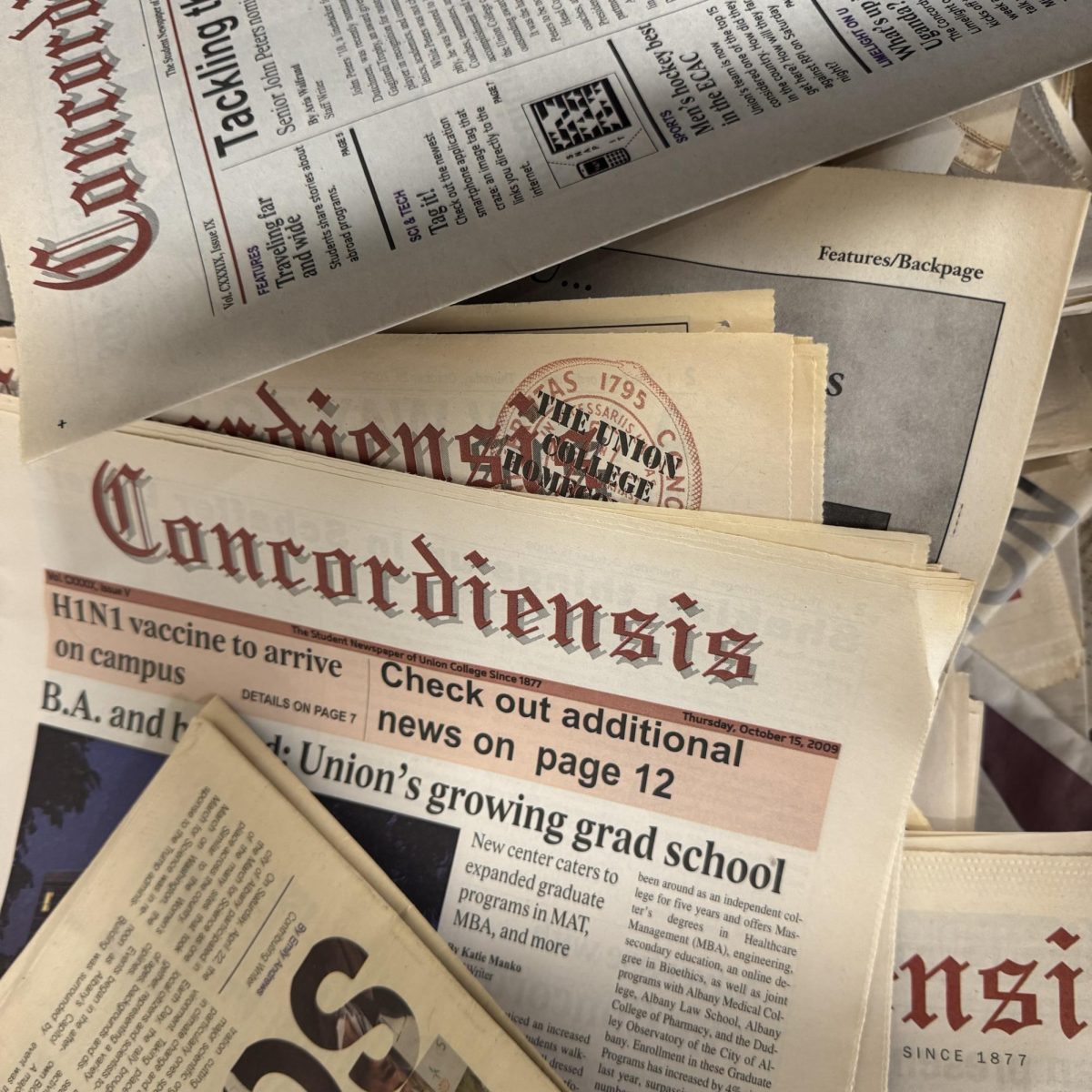As many can assume, being a first-year athlete is difficult. From learning how to create schedules and manage your time to adjusting to maturing in a new environment, there are inherent challenges.
However, I believe Union endeavors to support athletes through this struggle. As a member of Union’s track and field team, I’ve observed the constraints and support the university provides for all athletes, especially those in their first year.
One of the most beneficial resources I’ve utilized is Union’s academic support for athletes, notably at Schaffer Library. All first-year athletes in their initial term are required to complete four hours of studying each week, with the stipulation that no more than three hours can be completed in one sitting. This initiative aims to cultivate effective study habits among our athletes and ensure a balance between athletic commitments and coursework.
Beyond academic support, the coaching staff and upperclassmen on the team are always available to offer guidance and mentorship, easing the transition into college athletics for us first-years.
For instance, the women’s track and field team has instituted a big sister program to assist first-year women in integrating not only within their specific practice groups but also across events. This program allows both parties to rely on a support system and foster relationships with their teammates, thereby fostering camaraderie and unity within the team. It also provides an opportunity for upperclassmen to share their experiences and offer advice on time management, balancing academics and athletics, and navigating college life in general.
Certainly, managing a daily practice schedule and athletic commitments poses challenges for first-years. Conflicting schedules, social life, and other campus involvements can be stressful at times, but the team endeavors to prioritize academics over practice sessions.
Despite the challenges, the dedication and determination of both upperclassmen and first-years contribute to a strong and cohesive team dynamic. The women’s track and field team’s big sister program, in particular, not only benefits newer athletes in their transition to college athletics but also enhances the overall performance and success of the athletes and the team as a whole.












